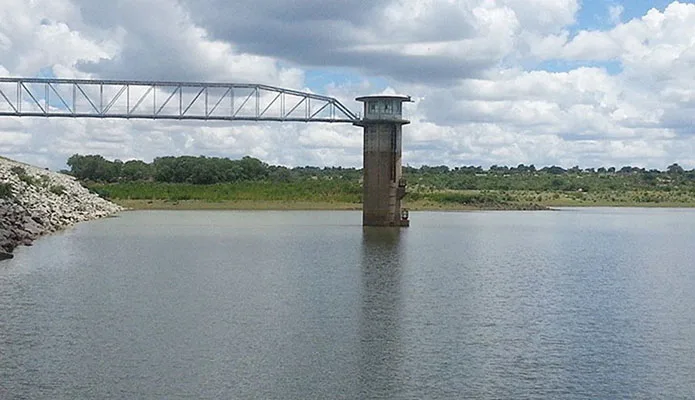Bulawayo Councillor Pushes for Prepaid Water Meters to Curb Billing Issues and Enhance City Services
Bulawayo Ward 15 Councillor, Ashton Mhlanga has voiced strong support for implementing prepaid water meters across the city, proposing that the system would help Bulawayo City Council (BCC) recover substantial outstanding payments and address persistent billing issues affecting thousands of residents.
According to Mhlanga, prepaid meters offer a practical solution to ensure that water users pay in advance, providing the city with a consistent cash flow that could greatly improve its service delivery.

“Introducing prepaid water meters will help BCC recover millions of dollars owed by residents, enabling improved service delivery,” Mhlanga said. “Right now, residents can keep using treated water without fully paying their bills. The prepaid system would change that by requiring upfront payments, allowing BCC to maintain infrastructure and services more effectively.”
Mhlanga has recommended that the initial rollout of prepaid meters begin with Bulawayo’s largest water consumers, specifically in industrial areas and the central business district (CBD). These high-demand areas, he argued, would provide a steady revenue stream and demonstrate the effectiveness of prepaid meters.
“The first targeted areas for the implementation of prepaid water meters would be industries and the central business centre, as they are the ones using a lot of treated water,” he said.
The call for prepaid meters comes as Bulawayo residents grow increasingly frustrated with the city’s existing billing system, which relies on estimated charges that often lead to inflated and inconsistent bills. Mhlanga highlighted the struggles faced by residents, many of whom are forced to visit council offices each month to dispute unexpectedly high charges.

“The billing system has been troubling residents, as almost monthly, they have to travel to council offices to fix high bills which they would have been charged due to the estimation made by the council,” he said.
Mhlanga emphasized that estimated billing has been especially burdensome for residents in high-density suburbs, where households sometimes receive water bills as high as US$200, an expense that is difficult for most to afford. “Due to estimation, some residents experience charges ranging from US$100 to $200 in high-density suburbs,” Mhlanga noted.
Mhlanga said that residents themselves were vocal about the need for prepaid water meters, pointing to them as a way to bring clarity to the current billing chaos.
“In the recently held budget consultation meetings in most wards, the residents have also called for the introduction of prepaid water meters because the current system is unsustainable,” Mhlanga explained. “They are receiving high water bills every other month.”
Mhlanga believes that introducing prepaid water meters would also bring greater accountability to BCC’s operations. With reliable cash flow from prepaid payments, Mhlanga argued, the council could no longer use budget shortages as a reason for failing to maintain services or infrastructure.
“This will help as it will make funds available for council and will make residents rate the performance of management, as currently they have been blaming lack of funds as their excuse for poor service delivery,” he said.
For Bulawayo, which has struggled with aging infrastructure and frequent water disruptions, a shift to prepaid water meters could be transformative. Mhlanga sees the move as a chance for the city to optimize resource allocation, improve its water supply, and respond more effectively to residents’ needs.
While the prepaid system is only a proposal at this stage, Mhlanga’s advocacy has brought the issue to the forefront of Bulawayo’s water management debate, sparking discussion about how the city can best balance revenue collection with fair and transparent billing practices. Residents, meanwhile, are hopeful that if implemented, the prepaid water meters will end years of billing disputes and make water costs predictable and manageable.
#News in Bulawayo #News in Zimbabwe Artist Arts BCC Bulawayo Bulawayo City Council Bulawayo economy Bulawayo industry Bulawayo news Bulawayo Police Bulawayo Water Bulawayo Water Crisis Bulawayo Women entrepreneurship Business Women Cholera Community Culture Currency Drug Abuse Drugs Economy Farmer Farmers Farming Informal Sector Informal Traders Mining MSMEs Music News in Bulawayo News in Zimbabwe Police Police in Bulawayo Vendor Vendors water Water Crisis Water Shortage water supply issue Women entrepreneurship ZESA Zimbabwean economy Zimbabwe news Zimbabwe water crisis ZRP
Join us for all News in Bulawayo and Bulawayo News in Zimbabwe.











